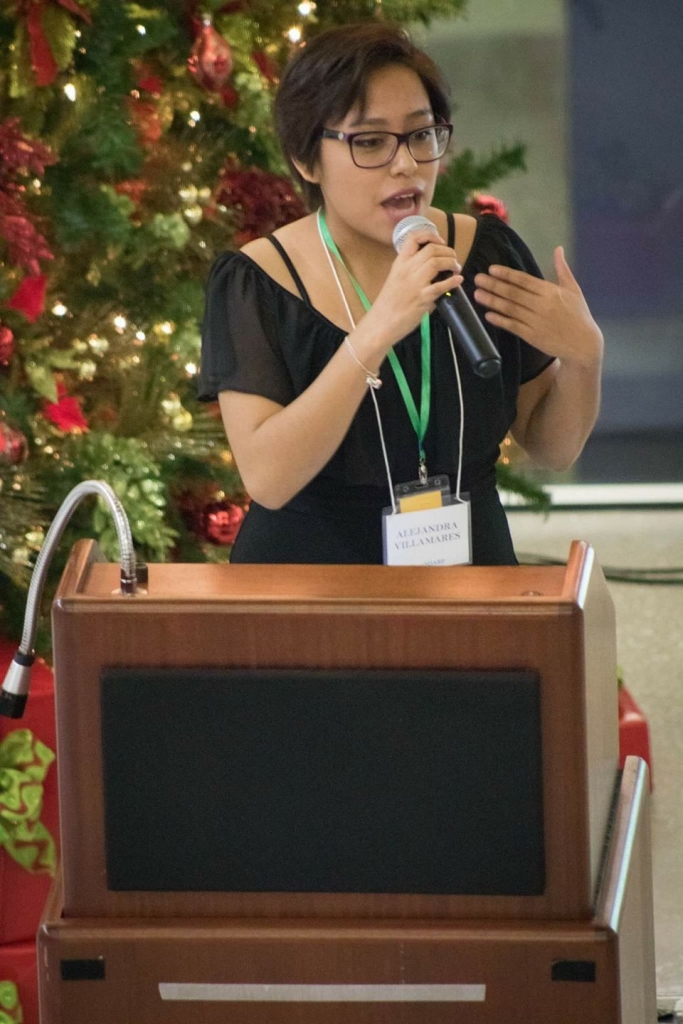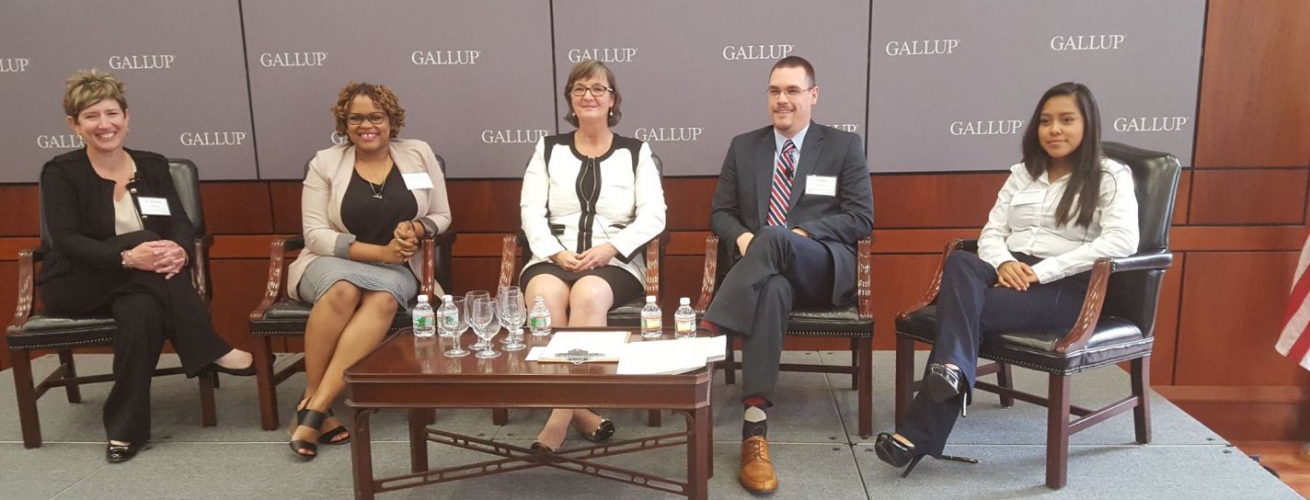What does a kid do when her elite college dreams are being suffocated by a school system best suited to stifle mobility?
How does she erase the seemingly indelible signs of inequitable schooling and resources from her record and etch her name on the registries of colleges meant for the affluent?
She cheats.
But she doesn’t cheat in a way that is inappropriate, illegal, or disqualifying. Like those who “out-privilege” and “out-resource” their way into competitive colleges have done for ages, she “cheats” by seizing selective opportunities and information, leveraging extra support, and supplementing her school offerings. And given the depth of her disadvantage, she does all of these things to degrees few can fathom.
You don’t cheat systems so expert at limiting potential and solidifying socio-economic boundaries by doing what is normal.
When Alejandra Villamares checked her  online application portal for Wesleyan University in February of this year, she cried new tears. Her Early Decision application to her dream college was met with acceptance and a full scholarship that would make attending a $60,000+ per year college a reality.
online application portal for Wesleyan University in February of this year, she cried new tears. Her Early Decision application to her dream college was met with acceptance and a full scholarship that would make attending a $60,000+ per year college a reality.
Alejandra had worked her way into the 17 percent of accepted students from among the 12,543 applicants to Wesleyan University (a Forbes top ten ranked college). She had managed to win in a system traditionally rigged against students with her profile: the child of Mexican immigrants, low-income, and first-generation college-goer.
Sure…she also had a 4.0 GPA and was her school’s Salutatorian.
But attending a vocational school in Wilmington, Delaware that made national news when a student was tragically beaten to death in the girls’ bathroom and that saw another student murdered a few blocks from the school weeks later, elite liberal arts college enrollment is not the outcome most would expect. Even valedictorians and salutatorians at Alejandra’s school can find themselves in trade schools or community colleges after graduation.
It took more than Alejandra’s unparalleled grind and drive to become an exception to society’s cruel rules. In her junior year she stumbled upon a “cheat code” in a college access program called TeenSHARP that added the strategy, social capital, and support she was missing.
A teacher at Alejandra’s school sought out a partnership with TeenSHARP – an intense out-of-school time program that prepares talented youth of color to attend and thrive at top colleges- and encouraged Alejandra to apply.
 But this was no coddled college preparatory experience. Alejandra attended all-day TeenSHARP trainings every Saturday on the University of Delaware’s campus during the school year. These sessions strengthened her academic success skills, cultivated her leadership and network, and developed her expertise in the college admissions process so she could serve as a “college access ambassador” to her peers at school.
But this was no coddled college preparatory experience. Alejandra attended all-day TeenSHARP trainings every Saturday on the University of Delaware’s campus during the school year. These sessions strengthened her academic success skills, cultivated her leadership and network, and developed her expertise in the college admissions process so she could serve as a “college access ambassador” to her peers at school.
As one would expect at the top colleges she now aspired to attend, Alejandra found herself in small college-style classes on Saturdays dialoguing about books like Adam Grant’s Give and Take, and scholarly articles.
She planned and implemented college awareness activities for her school with TeenSHARP’s support.
She met admissions office representatives from the nation’s best colleges at TeenSHARP and visited several as part of the organization’s annual college tour series.
She was shaping herself into a stronger leader, scholar, and problem solver. And those problem-solving skills were immediately necessary.
Through TeenSHARP’s individualized college prep strategy consultations, Alejandra quickly learned of academic gaps that would make her selective college aspirations impossible. With a 4.0, Alejandra had hit home runs for every academic expectation the school system threw her way. But it wasn’t until TeenSHARP that she realized the unequal public school system had been throwing her softballs.
The vocational school she attended did not offer any Advanced Placement courses. Nor did it offer calculus, a course she needed as an aspiring engineering student. Even though she spoke two languages fluently, she was not on track to complete four years of a foreign language. And when she took the SAT, her results bore all the markers of a student who had been lied to by many years of anemic curriculum.
But not to worry. Like TeenSHARP alums Robert at Bowdoin, Nybria at Smith, Diyaaldeen at Emory, Austin at Swarthmore and many others, with Alejandra’s willingness to do the work and TeenSHARP’s savvy in cheating the odds, there was hope and a strategy.
When others were resting and relaxing, Alejandra was advised to use the summer before senior year to accelerate and address major gaps. And she executed her offseason regimen to perfection. She held a full-time job with the Summer Learning Collaborative, participated in the Delaware College Scholars summer program at St. Andrews, and completed a rigorous two-week program in entrepreneurship at Drexel University. She honed her passion for education advocacy and TeenSHARP helped her land a role as the sole student panelist at a high-profile education event in Washington, D.C.
To improve her math proficiency, Alejandra was advised to take an online precalculus course her district offered over the summer. To maximize her chances of success in the course given her multiple summer commitments, TeenSHARP hired a math tutor who met with Alejandra daily for three weeks.
This intense summer experience prepared Alejandra to take five courses at local colleges during her senior year to supplement her school work and demonstrate top college readiness.
You know by now that Alejandra’s efforts worked and that Wesleyan (a college carefully selected because of fit and the fact that it is test-optional and meets 100% of financial need) was astute enough to look past Alejandra’s gaps and see the abundant assets she will bring to their class of 2021.
So her story is one of grit and success. It is an example of what talented but underprivileged kids can do if they too are shown the answers in the back of the book called College Admissions.
But it is also a story of failure. And outliers like Alejandra should not make us forget the many students in our public schools whose potential is met with mediocrity.
So rather than a hollow applause of Alejandra’s accomplishments, let’s put our hands to better use: to the urgent work of fixing an education system that picks winners and losers with impunity.


